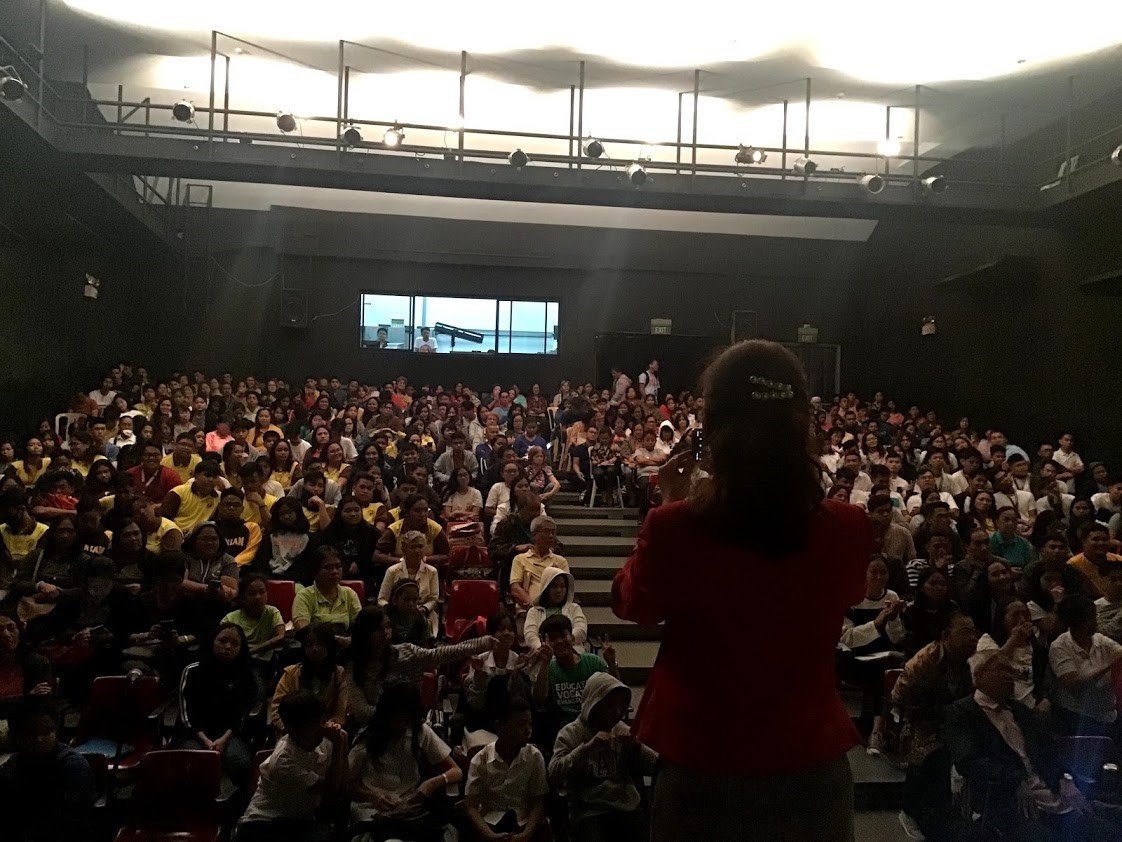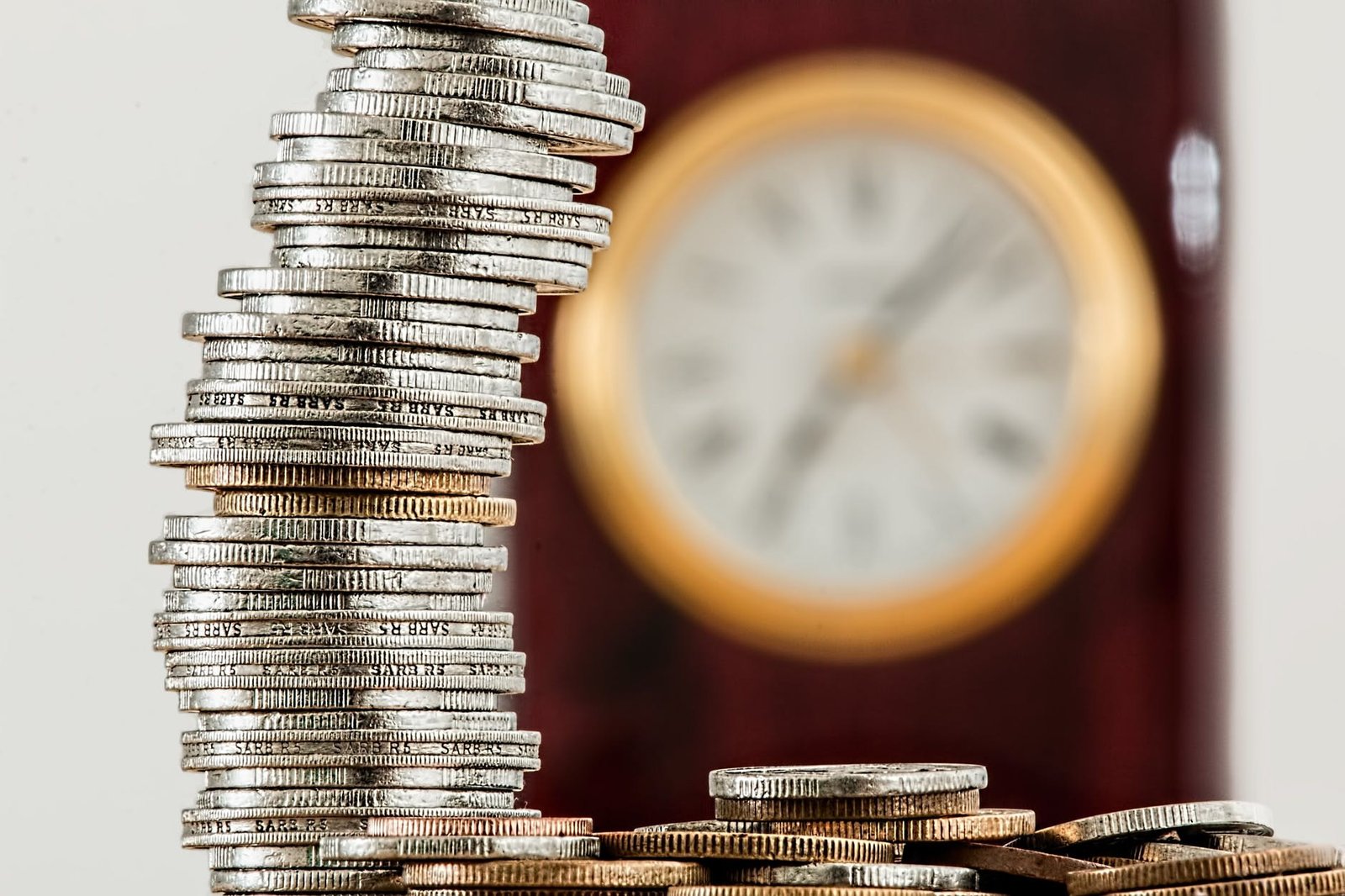A. WHAT IS RECESSION AND WHAT’S IN IT FOR ME
The Philippines plunges into recession and the economy shrank 16.5% on-year in the second quarter and the deepest contraction on record in the second quarter since 1981 as reported by NEDA [National Economic Development Authority].
A recession is a significant weakening of economic activity. The rule of thumb is 2 quarters of two consecutive quarters of declining GDP. This economic downturn is characterized by people losing work, businesses make fewer sales, the decline in manufacturing, layoffs and contraction of the country’s overall economic output.
Due to Covid restrictions and lockdowns, households and businesses were severely hurt resulting in:
1) Consumer spending dropped 15.5%
2) Industrial production declined by 22.9%
3) Services contracted 15.8%
4) Government spending rose 22.1%
B. WHAT IS THE SAFETY NET FOR FILIPINOS?
The Philippine government needs to spend to stimulate the economy amidst fears that the covid19 may take long before it can be extinguished. The economic managers are now deliberating of a support fiscal package of P140 B to help households and businesses. On the other hand, the House of Representatives is proposing a P1.3-trillion stimulus package. These all remains to be seen.
What is desired in this unprecedented time is a vision. The leaders should take advantage of this opportunity to create a comprehensive regeneration or rebuilding plan from COVID-19 that resets our culture to be more for inclusive, equitable, greener, and sustainable.
C. HOW DOES A RECESSION AFFECT ME?
Due to contraction in the economy, you may lose your job and it will become harder to find a job. People who have jobs may be furloughed or their benefits reduced. In a very severe situation, if you can’t pay your bills due to job loss, you may lose your home and other property.
Your investment in stocks, bonds, real estate and other assets can decline in a recession, reducing your savings and delaying your plans for retirement or implementation of other projects.
As businesses make fewer sales, they may even be forced into bankruptcy.
D. HOW TO PREPARE FOR A RECESSION?
1) Be productive. Create several streams of income or earn side hustle.
2) With travel restrictions, no parties and WFH, time to build a strong foundation. Get adequate insurance, HMO, and emergency fund.
3) Tighten up your budget and only spend on what is necessary.
4) It’s a perfect time to start saving and to get motivated.
5) Don’t let your bigger overall saving goals — like INVESTING for RETIREMENT, House, Dream project, paying off debt and mortgage — fall by the wayside if you can afford to fund or pay them.
6) Aggressively save and invest if you can right now. Channel funds [usually spent on clothes, trips, travel, makeup, shoes] to fulfil financial goals.
7) Pay your bills on time rather than later if you have funds even if the government has a mandated deferred payment scheme. In the end, it’ll pile up and you will still pay for it. Avoid falling into a pit of debt.
E. WHAT IS OUR HOPE FOR THE FUTURE?
Recession or not, the plan is to always, get your own personal economy in order.
Recessions do not last forever. Look back to the tough times like 9/11, the Asian Financial Crisis, 2008 Economic crisis. When it ended, it was followed by an unparalleled period of economic growth in Philippine history.
















































